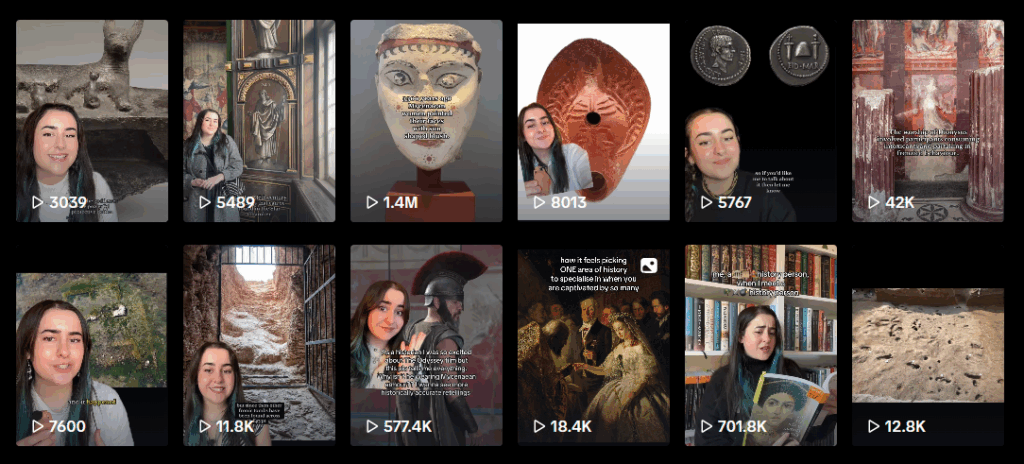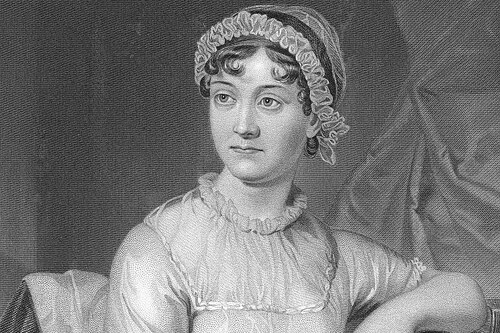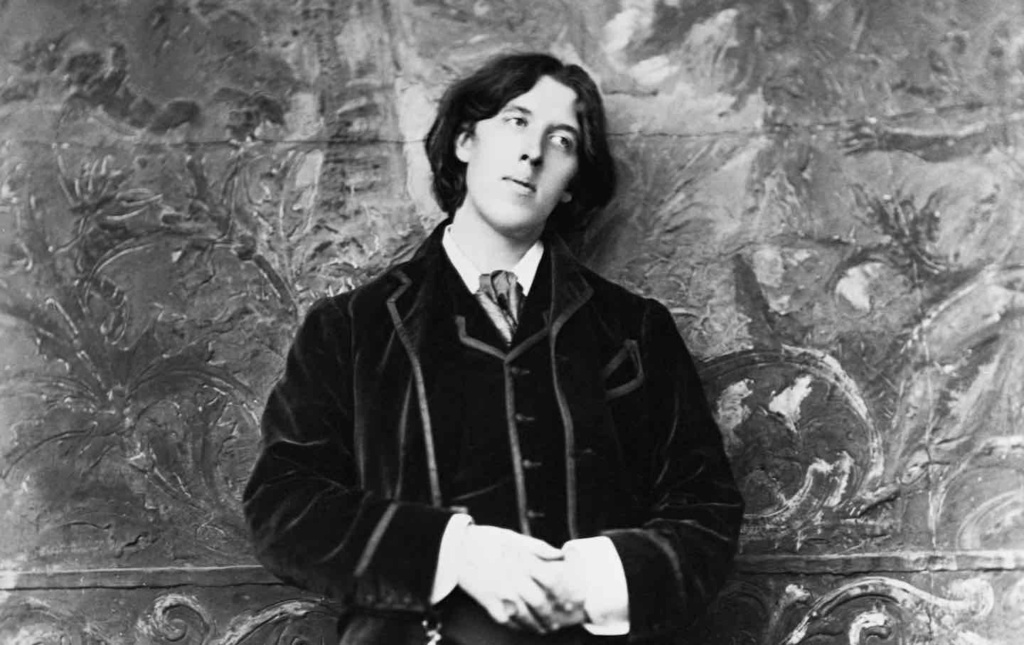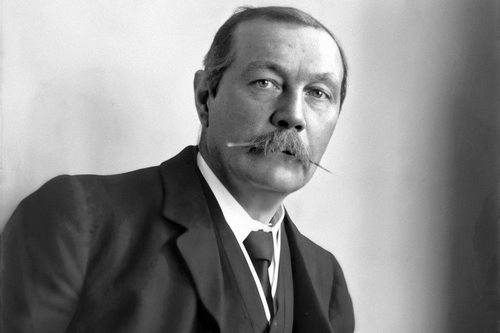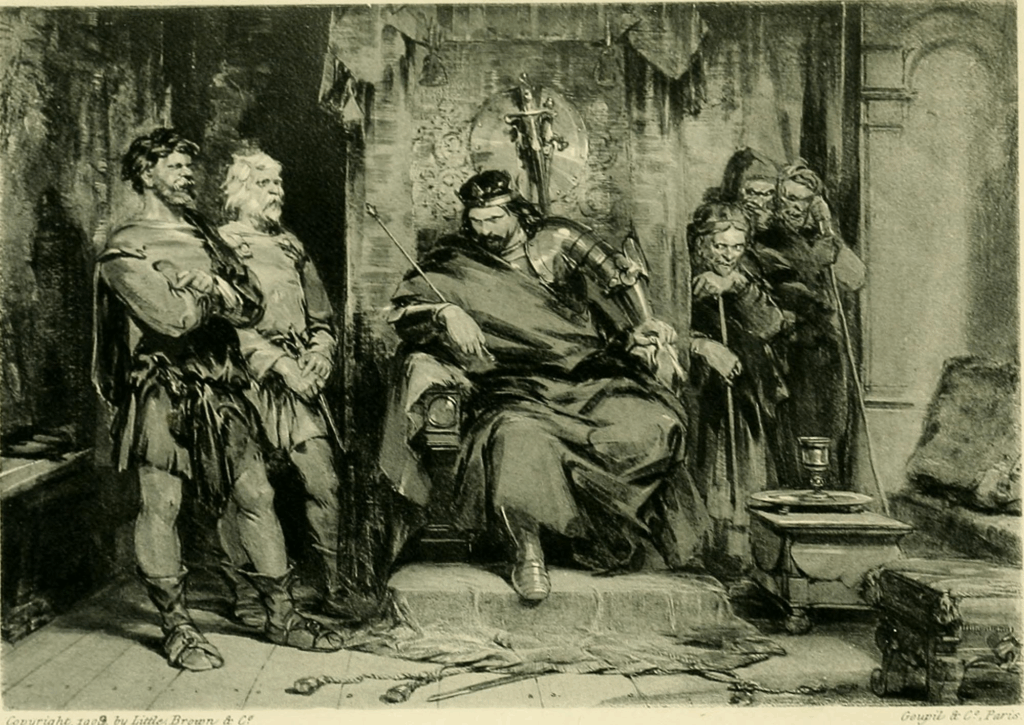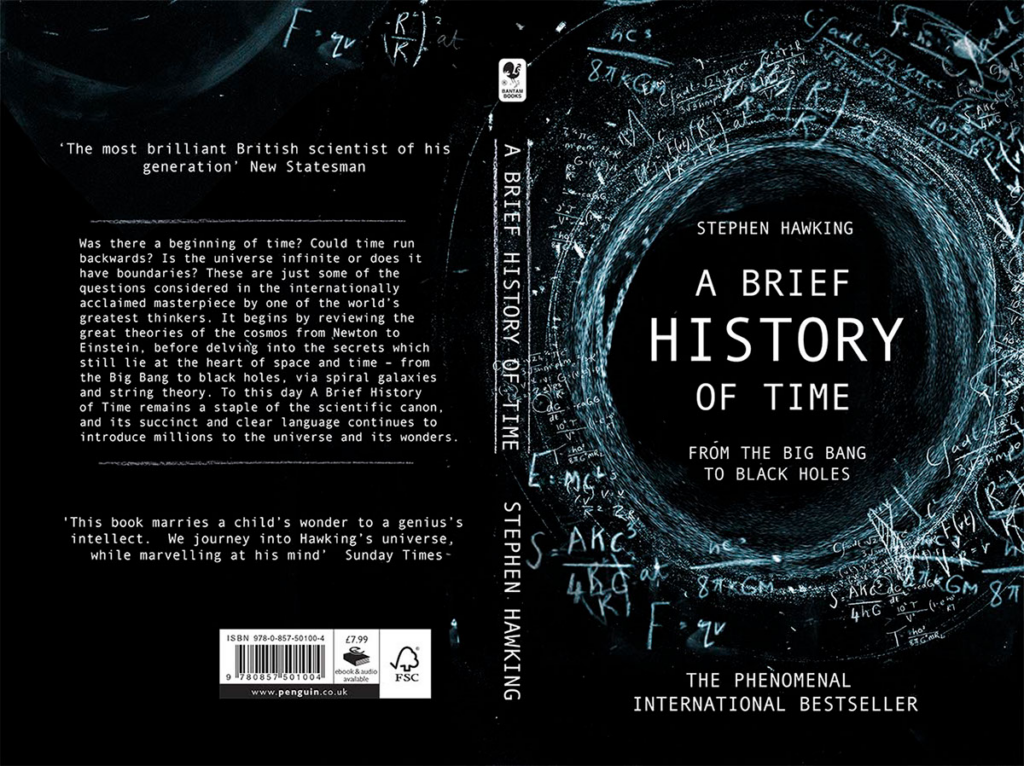“Twenty days, four cities, and memories that will last far longer.”

Near the end of the year, I finally got the chance to spend 20 days in Japan, something I had been looking forward to for a long time. During the trip, I visited Tokyo, Osaka, Kobe, and Kyoto, moving between busy cities and more relaxed areas.
Everything felt very different compared to where I come from. The food, culture, and overall atmosphere were all new to me, and each place left its own impression. It turned into a trip filled with experiences and moments I know I’ll look back on for a long time.
Tokyo

I arrived in Tokyo at six in the morning after an eight-hour flight from Jakarta. The first thing that greeted me was the cold air, and it surprised me in a good way. Living in Jakarta, I’m used to tropical temperatures around 26°C, so stepping into 14°C felt incredibly pleasant and easy on my body.
After landing at Narita Airport, I headed straight to my hotel in Shinjuku by train. The ride took about an hour, and I enjoyed watching the scenery slowly change along the way. The train system felt efficient and easy to follow, which helped a lot for a first day in a new country.
My hotel turned out to be very well located. It was close to two stations, which made getting around Tokyo much easier. Shinjuku Station was about a 15 minute walk, while Shin-Okubo Station was only five minutes away. With access like that, moving between different areas of the city felt convenient.
One of my early stops was the Hokusai Museum in Sumida. The entrance fee was 1,000 yen, and photography was not allowed inside the exhibition rooms. The museum displays high-quality replicas of Hokusai’s artworks, including the famous Great Wave. There were multilingual panels and videos that explained the works clearly. The atmosphere inside felt quiet and peaceful, and I really enjoyed taking my time there. The museum shop was just as interesting as the exhibition itself, and I spent almost the same amount of time browsing souvenirs as I did viewing the art.
I also visited Minato, where I spent some time walking around Tokyo Tower before heading to teamLab Borderless nearby. The digital art museum is very popular and talked about by many people. It features large, dark indoor spaces filled with colourful and futuristic installations. The ticket price was around 3,800 yen. To be honest, I didn’t enjoy it as much as I expected and only stayed about 45 minutes, shorter than what I had planned. The museum itself was well done, but it didn’t leave a strong impression on me. With that budget, I personally would have preferred spending time at a more traditional museum, such as the Samurai Ninja Museum, Edo-Tokyo Open Air Architectural Museum, the Tokyo National Museum, or the Nezu Museum.
I stopped by a popular restaurant called Tsujihan and had to wait around 45 minutes to get in. The queue was filled not only with tourists but also with many locals, which already said a lot about how well-known the place is.
Harajuku was another highlight, especially Meiji Shrine. There was no entrance fee, and the space felt calm despite being near busy streets. Visitors can pray, make offerings, or write wishes on wooden plaques. Near the main sanctuary, there is a special box where you shake a canister to draw a numbered stick, then find the matching poem. The poems are available in Japanese and English and offer guidance inspired by Emperor Meiji and Empress Shoken. Joining this ritual felt special, offering a peaceful pause to experience Japan’s religious traditions and cultural atmosphere up close.
Shibuya and Harajuku are close enough to explore on foot, so I walked between the two areas. I spent time shopping for clothes around Harajuku and wandering through Takeshita Street, where I tried several kinds of street food. Shibuya Station was another stop, mainly to see the Hachiko dog statue and the famous Shibuya Crossing. Watching the crowds move in every direction at once was fascinating.
I also visited Shinjuku Gyoen National Garden, which has an entrance fee of 500 yen. During fall, the garden shows beautiful colours like orange, yellow, and green, with leaves covering the ground and cool wind passing through the trees. People were hanging out with friends, having picnics, taking photos, reading books, or simply sitting quietly and enjoying the view. The park is huge, making it one of the largest green spaces in central Tokyo. I can imagine how beautiful it must be during other seasons as well.
My favourite part of Tokyo was probably walking around at night. The city lights, the crowds, and the constant movement made the city feel alive. I spotted the huge Godzilla head on top of the Shinjuku Toho Building, the 3D cat at Cross Shinjuku Space, street musicians performing along the sidewalks, and so many gachapon machines that I couldn’t resist trying one. When hunger hit, places like Omoide Yokocho or Golden Gai were easy choices, filled with narrow alleys, street food, and tiny restaurants. Tokyo has so much to offer that even five days didn’t feel like enough time to see everything.
Osaka

After spending five days in Tokyo, I headed to Haneda Airport early in the morning and flew to Osaka. The flight was short, about one and a half hours, and it felt like a smooth transition into the next part of my trip.
I stayed in the Kita-Senri area, and it felt completely different compared to Shinjuku. The neighbourhood was quiet and calm, and I barely saw any tourists around. It felt more local and slower-paced compared to Tokyo. The weather was colder here as well, and the wind made it feel even chillier. During my final days, the temperature dropped to around -1°C.
Getting around was still easy since the Kita-Senri train station was only about a five-minute walk away. I planned to stay in Osaka for 15 days, so having a comfortable and accessible area really helped. With that much time, there was no rush, and I could enjoy the city at a relaxed pace.
One of my day trips was to Minoh Falls. There was no entrance fee, and the walk to the waterfall was about 3 kilometres, taking around 45 to 60 minutes. Along the way, I passed temples, souvenir shops, and plenty of beautiful scenery. I also tried some street food, including grilled momiji made of maple leaves and taiyaki filled with chocolate and custard. Taiyaki has become my favourite Japanese snack, and every time I spot a taiyaki stand, I can’t help but stop to buy one.
After visiting Minoh Falls, I continued to Katsuoji Temple. The reason there are so many daruma dolls there is tied to tradition. Visitors buy a blank-eyed daruma, paint one eye while setting a goal, then fill in the second eye once the goal is achieved before returning it to the temple as a way of giving thanks. Because of this, daruma dolls can be seen almost everywhere around the temple grounds. Placed along paths, on small platforms, near fountains, and even resting on tree branches. The entrance fee was 500 yen, and with the ticket, I also received a blank paper that could be used to collect stamps at different spots around the temple.
I also visited Tennoji Zoo, which was smaller than I expected but still interesting. The zoo is divided into several areas, including African animals, reptiles, an aviary, primates, and animals that live in colder climates. It took around three hours to explore everything properly, and there were also small museums inside. The entrance fee was quite affordable at 500 yen.
For shopping, Umeda and Dotonbori are the main areas. Umeda has many large malls, so it helps to research ahead and know exactly where you want to go. Without Google Maps, it would be easy to get lost. In Dotonbori, I tried the famous coin-shaped snack with cheese and custard fillings, and it was so delicious. There’s also a well-known ramen place called Ichiran that many people line up for.
When I wanted something quieter and away from the crowds, Banpaku Park was a great choice. The park has wide lawns, forests, museums, Japanese gardens, and the iconic Tower of the Sun. The entrance fee is 500 yen, and bringing snacks makes it easier to relax, enjoy the scenery, and spend hours there without worrying about food.
My favourite place in Osaka, though, was Osaka Castle. The castle was incredibly beautiful, and I could have admired it for hours. The white walls combined with green roofs and gold details stood out against the surroundings. Seasonal flowers, impressive stone walls, wide moats, and historic gates created a mix of nature, history, and sweeping city views.
During my stay, I visited the library several times. It opens from 10 a.m. to 6 p.m. and has plenty of tables and charging spots, making it a comfortable place to work or study. I was surprised to see many elderly people there reading novels or newspapers. It reminded me how much Japanese people enjoy reading. You can spot people reading everywhere. Parks, trains, cafés, both young and old, and it was a nice thing to observe.
Another thing I noticed during my walks was how many elderly people were out on their own. Some were hiking uphill paths, while others moved slowly through the city with the help of a walking stick. Seeing that level of energy at an older age was honestly inspiring and made me wonder if this is one of the reasons the Japanese tend to live longer.
I also really loved the atmosphere in Osaka. People felt warm and welcoming, often greeting me with a simple “konnichiwa” as we passed each other on the street. It felt different compared to Tokyo, maybe because the pace here is slower and less intense. I felt especially lucky during my stay in Kita-Senri, as there happened to be a fireworks festival nearby. I ended up spending about an hour watching the fireworks at Kita-Senri Park, and it felt like a special way to end the day, adding an unforgettable memory to my time in Osaka.
Kobe

Kobe was an easy day trip during my stay in Osaka. The train ride took about an hour, making it easy to visit without staying overnight. I spent the day exploring the city and returned to Osaka in the evening, which worked out nicely.
My main destination was Kobe Beach. I honestly couldn’t remember the last time I had been to a beach, so being there felt really nice. Even though swimming wasn’t an option because the temperature was around 7°C, I still enjoyed sitting on the sand and letting the waves reach my feet every now and then.
I planned to head to Kobe Port Tower to catch the sunset, but I didn’t make it in time. The walk from the beach was longer than I expected, and hunger kicked in, so I stopped to eat instead. I wasn’t disappointed, though, since I had already experienced sunset views at Tokyo Skytree. Kobe Port Tower is lower compared to that, but the view was still enjoyable in its own way.
At night, one thing that stood out was the Kobe mountain lights sign. Seeing the illuminated anchor and city emblem glowing on the side of Mount Rokko, something you only really notice when you slow down. Once again, I found myself enjoying nighttime walks more than rushing between destinations. There was something about the atmosphere of walking through the streets that felt very different from Jakarta, where getting around usually means driving instead of strolling.
In Japan, I was able to slow down and take things as they came. I noticed small details, stopped when something caught my attention, and visited food stalls or small shops along the way. With the Christmas season around, the city felt warmer and more inviting. Christmas trees, street lights, and soft lighting added a festive touch. It’s funny how something so simple made the experience especially enjoyable, something I don’t often get to feel back home.
Kyoto

Kyoto was another easy day trip during my stay in Osaka. Similar to Kobe, the round trip took about two hours in total. Kyoto has so many famous attractions, but since I only had one day, I had to be selective with my plans.
I started the day with a simple brunch by the Kamo River, enjoying a sandwich while sitting near the water. The area felt relaxed and open, with people walking along the river, cycling, and having small picnics. It was a nice way to slow down and ease into the day before heading to busier spots.
My next stop was Fushimi Inari Taisha, also known as the Thousand Torii Gates. Foxes, or kitsune, are everywhere here, appearing as statues, symbols, and souvenirs. They are considered sacred messengers of Inari, believed to protect crops, ward off pests, and bring good fortune. Many of the fox statues hold symbolic items like keys or jewels in their mouths.
The shrine is famous for its winding paths lined with more than 10,000 bright vermilion torii gates that lead up Mount Inari. Walking through the gates felt immersive, with each turn revealing another stretch of glowing red pillars.
Later in the day, I visited the area near the Kyoto Imperial Palace. The grounds are filled with tall trees and quiet walking paths, creating a calm atmosphere right in the middle of the city. I also explored the Sento Imperial Palace area, which offers a small glimpse into former imperial life. The gardens and traditional buildings felt elegant and well cared for. Both Fushimi Inari Taisha and the Kyoto Imperial Palace were free to enter, which made the visit even more enjoyable.
To me, Kyoto feels much more traditional compared to Osaka and Kobe. While walking around, it’s common to see people wearing a kimono, especially near temples and shrines. Knowing that Kyoto served as Japan’s imperial capital for over a thousand years, that sense of history feels very present in everyday life. Ancient temples, quiet shrines, palace grounds, peaceful gardens, and old wooden machiya houses blend naturally into the city.
—
Would I like to visit Japan again someday? Yes, absolutely. There’s still so much I didn’t get to see. I didn’t make it to Mount Fuji this time because the journey takes quite a while from Tokyo. It felt more practical to use that time exploring different parts of Tokyo instead of committing a full day to a trip near Fuji. During the fall, Mount Fuji is also harder to see since the sky isn’t as clear as it is in the summer.
Next time, I’d love to spend a few days in places like Nara, Hokkaido, and Shirakawa. I like the idea of not rushing through attractions, but staying longer, slowing down, and enjoying daily life. Just being there sounds really appealing.
That said, Tokyo is where my heart stays. It honestly surprised me, because I’m not usually someone who enjoys crowded places. I’m the type who wants to leave as soon as it starts to feel overwhelming. But something about Tokyo, especially Shinjuku, really stuck with me. There are still so many streets, neighbourhoods, and places I want to explore. I feel like I could spend an entire month in Tokyo alone and still discover something new every single day.

































